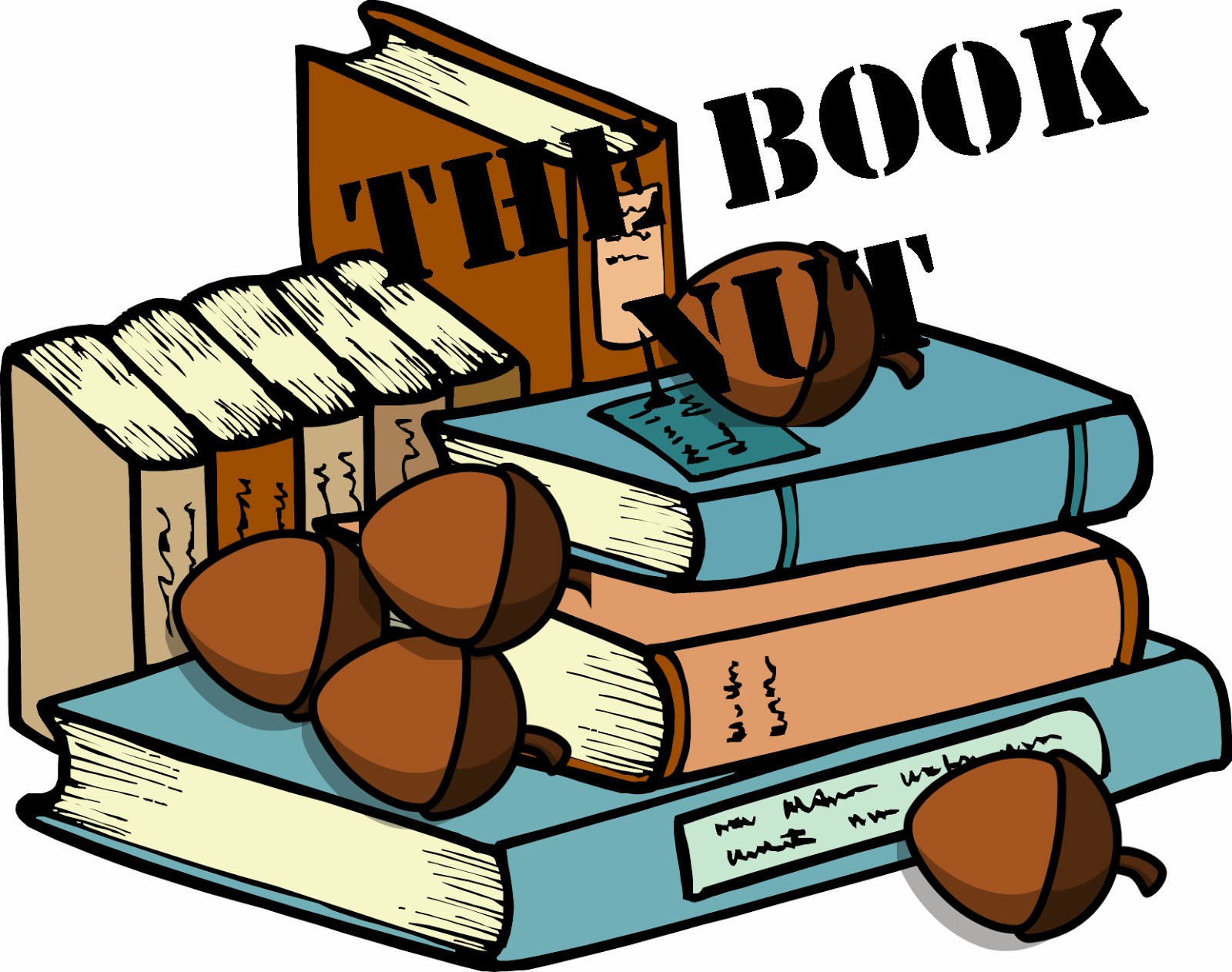We’re getting close to the end of OAAA but don’t worry, there’s plenty more to come between now and the end of the month. Ohio can boast so many wonderful authors, so let’s talk to another one!
Jennifer McGowan is the author of the Maids of Honor series. She’s just finished the edits for the third book in the series and graciously came by to talk about the magical and mystical!
Yea, Verily, what was THAT? Magic and Mayhem in Elizabethan Times
Erin, thank you so much for inviting me to be part of your celebration of Ohio authors! My topic for this post makes me smile, as I’ve recently finished editing my upcoming Maids of Honor novel, MAID OF WONDER, third in the series. That book features the adventures of the most mysterious of five spies for Queen Elizabeth, and required me to take a deep dive into the superstitions and beliefs of Elizabethans. Here are my four favorite discoveries!
Queen Elizabeth was seriously superstitious
Perhaps this shouldn’t have been so surprising to me, since rulers throughout history have relied on portents and mystical practices to help reassure them that they’re making the right decisions. But Queen Elizabeth, though a devout Protestant and God-fearing woman, also relied on the astrological guidance of John Dee, one of England’s most famous astrologers and scientists. Dee not only picked the date for her coronation based on his reading of the stars, he promised her that he would discover the Philosopher’s Stone, the mythical process by which lead could be transmuted into gold. But the Queen didn’t stop there. She also possessed a narwhal tusk, which she and her court believed was actually the magical horn of… a unicorn.
The path from wise woman to witchcraft could be very short
In a time before established medicine, when learned doctors were few and far in between, villagers often relied on local “cunning folk” to assist them with their medicinal needs. But knowing the proper combination of herbs to cure a cough, or ensure the healthy birth of a baby, or even to mend a broken heart was one thing. If the neighborhood herb mistress was accused of inflicting death or disease on livestock or humans, souring milk or causing a miscarriage, just to give a few examples, she could be put on trial for witchcraft. An accused witch, if found guilty, faced death by hanging (arguably, a better way to go than the more typical European punishment: death by flames).
Conversing with an angel? No problem. Conjuring one? Problem.
Even the proper way to interact with angels was a point of considerable debate in Elizabethan England. The devout generally were able to accept that angels could speak directly to learned men and women who prayed and were blessed by God. John Dee himself interacted with such spirits and, while he faced a pesky inquisition early in his career, was generally able to operate with both royal and ecclesiastical blessing for most of his life. While angelic conversations were acceptable, however, one did not simply demand an angel to appear. Speaking incantations or using arcane symbols or tools to conjure an angel or spirit into one’s presence was considered a heretical offense (see hanging, above).
The end of the world was nigh (even back then)
We tend to think of apocalyptic fears as being a relatively recent phenomenon. There was the foretold doom of January 1, 2000, which especially was a concern for everyone in the IT industry. Then, even more dire, was the apocalypse scheduled to coincide with end of the Mayan Calendar on or around Dec. 21, 2012. However, Elizabethans were not immune to a fear that the world was on the brink of disaster. The Black Plague was still rampant, along with other forms of disease, and poverty and war was a constant concern. In addition, there was tremendous upheaval in the Church, with Roman Catholics squaring off against Protestants, a battle which played out with bloody force across Europe. Many people believed the world was about to end; Dee himself wanted to converse with angels in part to discover a way to stave off an apocalypse—or at least to adequately prepare for it.
Happily, Elizabethans’ fears were unfounded. The world did not end, and Elizabeth went on to be one of the longest-lived monarchs of any era, commanding a vast empire and capturing the hearts and minds of readers for hundreds of years to follow.
I bet it was that unicorn horn.
Keep Reading!




Leave a Reply